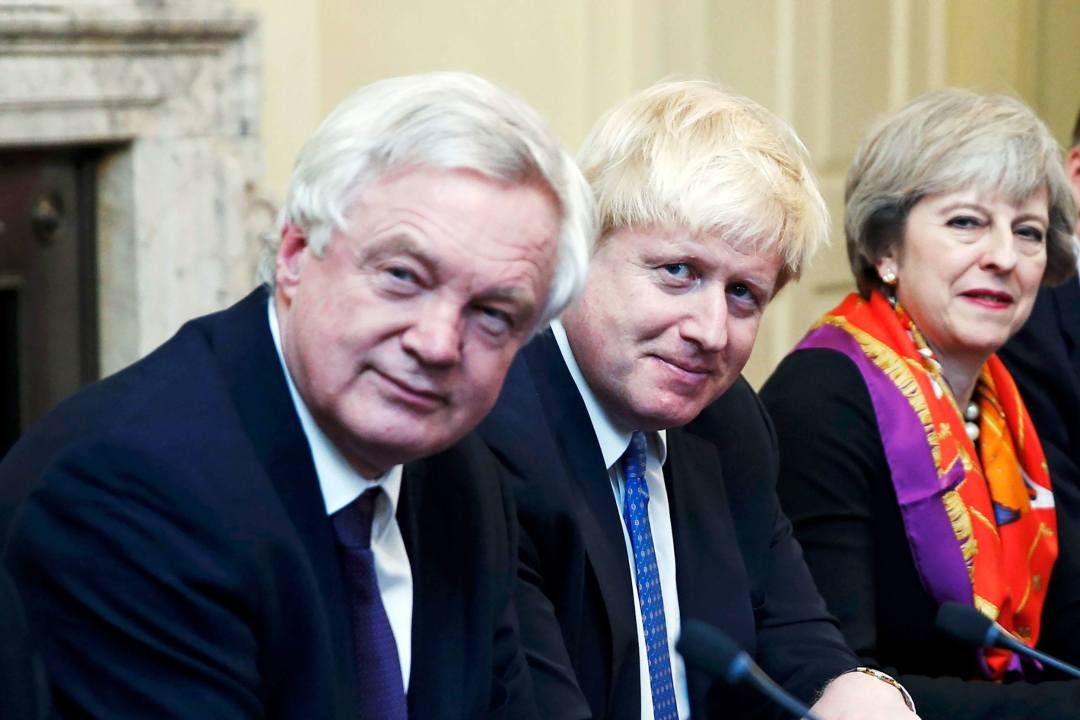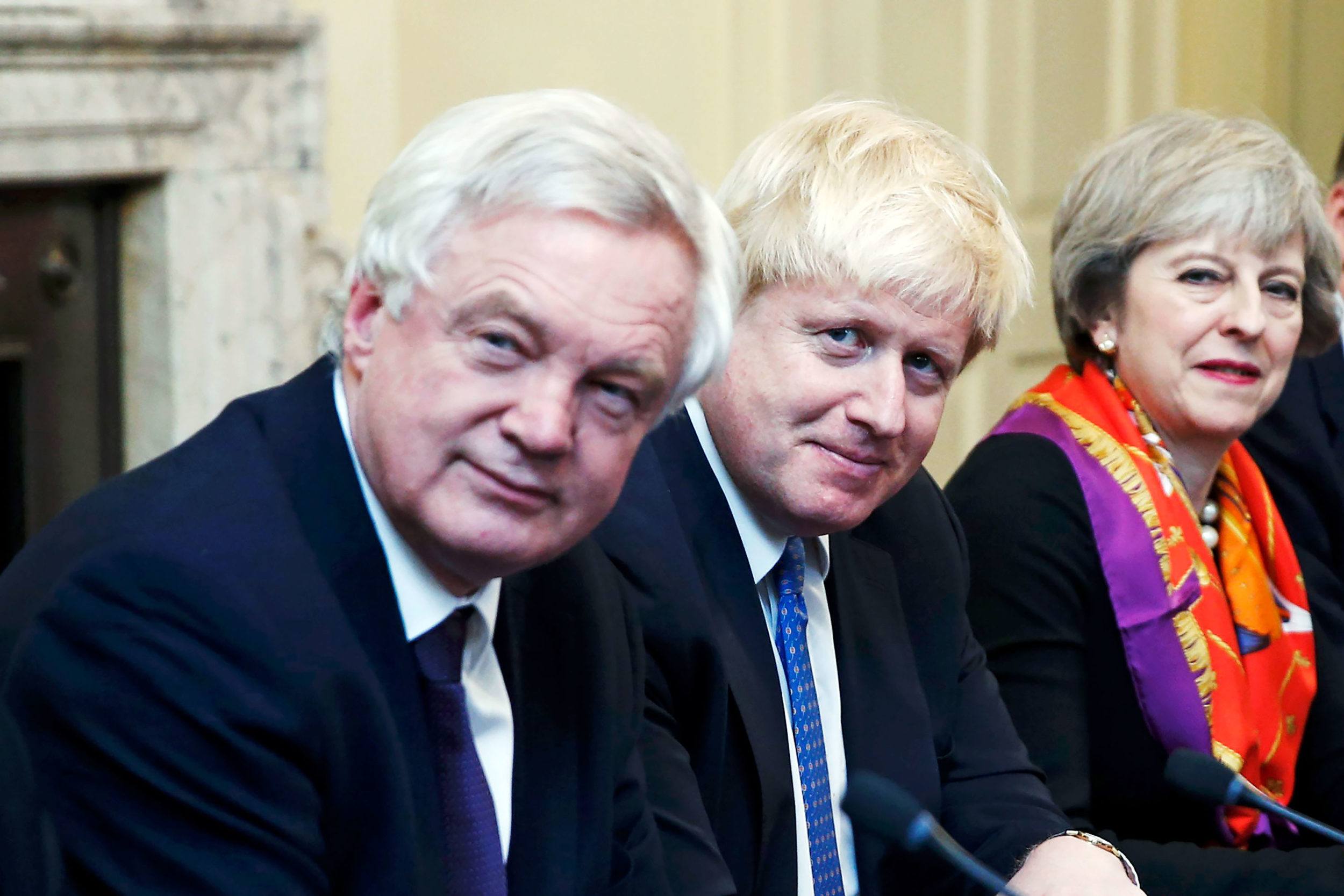Update: Commons speaker Lindsay Hoyle has announced that a vote on the aid spending amendment has not been selected. Hoyle says the amendment is out of the scope of the current bill, meaning Boris Johnson will avoid a potentially difficult vote on the issue – for now. Hoyle suggested the government should give MPs an opportunity for a vote at a later date on restoring the foreign aid pledge to 0.7 per cent of gross national income.
As preparations get underway in Downing Street for this week’s G7 summit, trouble is brewing in the House of Commons. The government is facing a potential defeat on a vote it didn’t want to have: the cut to the foreign aid budget. When the Chancellor announced the plan to reduce the aid budget last year, polling suggested it was a popular measure with many Tory voters. However, it was met with resistance from Tory grandees, including several former prime ministers.
‘It’s MPs who don’t like Boris Johnson and who don’t need to work with him,’ says one Tory MP
Despite their complaints, the Prime Minister and the Chancellor held firm – with Rishi Sunak justifying the cut on the grounds that it was one of a series of difficult decisions he would have to make in the wake of emergency coronavirus spending. He also pitched it as necessary so the government could focus on domestic priorities such as education funding at home rather than abroad. Ministers promised to restore the budget once public finances allow.
But that decision could be about to be taken out of their hands. The issue is set to come to a head in the Commons. The Tory rebels – led by former Chief Whip Andrew Mitchell – believe they have found a way to force a vote on the issue, by using legislation for Dominic Cummings’ pet project, the Advanced Research and Invention Agency (ARIA), as a vehicle for an amendment on restoring the foreign aid pledge to 0.7 per cent of gross national income.
If Commons speaker Lindsay Hoyle selects the amendment this afternoon and it goes to a vote, it will be close with ministers notably pessimistic over their prospects of winning it. The problem they face is that the would-be rebels come from a wide range of different factions. Members of the One Nation group are willing to rebel as they view foreign aid as not only a manifesto commitment but a moral duty. Meanwhile internationalist MPs such as Tobias Elwood and Jeremy Hunt see it as an important form of soft power for the UK.
There’s also another element to the rebellion which does not bode well for the Prime Minister when it comes to future votes. Many of the MPs who are planning to vote against the government should they have the chance today have little incentive to work with the Prime Minister.
‘It’s MPs who don’t like Boris Johnson and who don’t need to work with him,’ says one Tory MP. As well as would-be rebel Theresa May, several are former ministers from the May years (such as serial rebel David Davis) who do not see Johnson as a team player. Others believe they have little chance of promotion in this parliament so they may as well take a stand on issues they care about.
As for No. 10’s response to all this, officials are questioning whether the amendment would really achieve what it sets out to as the fact it is attached to the ARIA science bill could limit the areas in which the money could be spent. There’s also a feeling that the bulk of MPs – particularly those in the 2019 red wall intake – support the cut and are willing to make the case for it as the day goes on. It’s why there is some frustration it has come to this. Aides believe that with the right groundwork it should have been easily winnable. Should the government have to offer a compromise or simply lose the vote, it will point to how much of a slog Johnson’s domestic agenda could be to push through – despite that majority of 80.








Comments